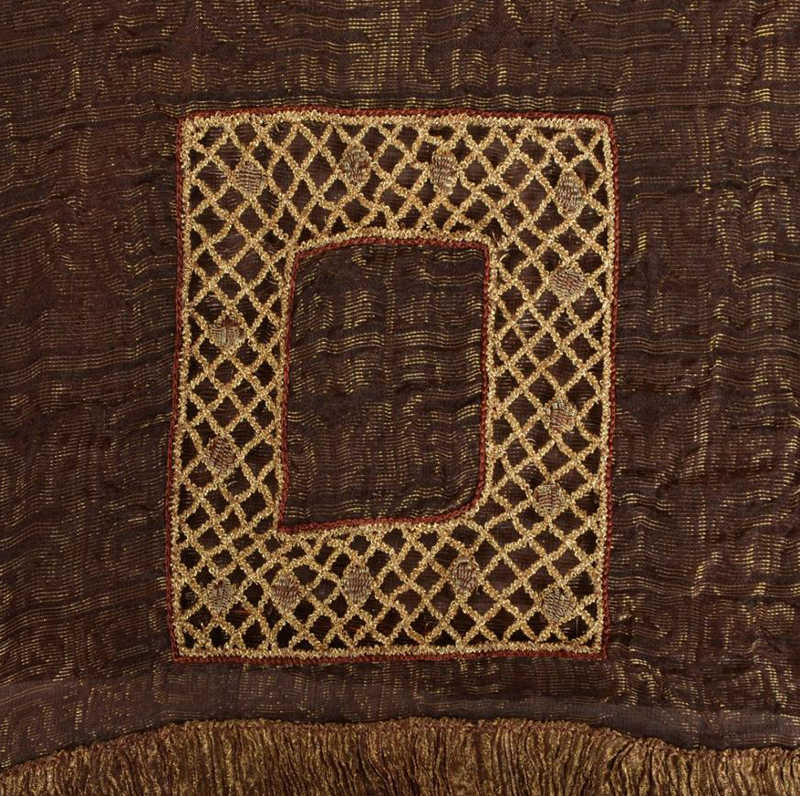===
0484,
9
===

=== |
 |
dīgar (of which digar is a contraction): 'Other, another, next, following... ; —over again, again; moreover, besides, further'. (Platts p.558)
FWP:
SETS
MOTIFS == DOOMSDAY
NAMES
TERMS == THEMEWhat does it mean to live bār-e digar ? Since the speaker expects to be woken up and required to rise from the dead when qiyāmat comes, undoubtedly he will have to 'live again', at least briefly and perhaps somewhat longer, at God's inscrutable pleasure.
SRF argues for the possibility that the speaker would be required to live a whole new life. He derives this idea initially from Malik Qumi's bāz ham chū shamʿa-e kushtah bāyad zindagī az sar girift . He is a real Persianist and I am not, so if he says this means 'having to live a whole life over again' [pūrī zindagī ko dobārah gużārnā], then I take his word for it. However, he also maintains that this same meaning, 'to live a whole life over again', is distinctly present in Mir's present verse and in Abru's verse as well; and here I have doubts.
For the flexibility of digar (see the definition above) means that the idea of living 'another time' would be perfectly well explained by the situation explicitly stipulated in the verse-- namely, that the speaker would be woken and forced to rise, alive again, on the occasion of qiyāmat (which after all comes from a root that means 'to stand'). Such a danger is quite sufficient to explain the speaker's 'fear' of Doomsday, since he dreads the idea of returning to the state of 'life' that has caused him so much pain.
Moreover, by saying yihī the speaker emphasizes that this return to life is his primary or even only reason for fearing Doomsday-- a view that is quite piquant enough in itself (since a proper Muslim would instead fear God's reckoning and wrath) to energize the verse and give it a wryly transgressive punch.
So why should we also attribute to the speaker a second fear, that of 'having to live a whole life over again'? It is not required by anything in the verse, so it should be brought in only contingently, if it is poetically effective. But if we think of the speaker's living a whole different life, we essentially have the idea of reincarnation, which seems an implausibly Hindu-theological outcome for the speaker to expect from an explicitly Islamic qiyāmat . And if we think of the speaker's having to repeat precisely the life he's already lived (cf. 'Groundhog Day'), the idea becomes even more bizarre; it is remote not only from Islamic theology but from Islamic cultural notions as well. It's certainly not part of the thematic repertoire of the ghazal world.